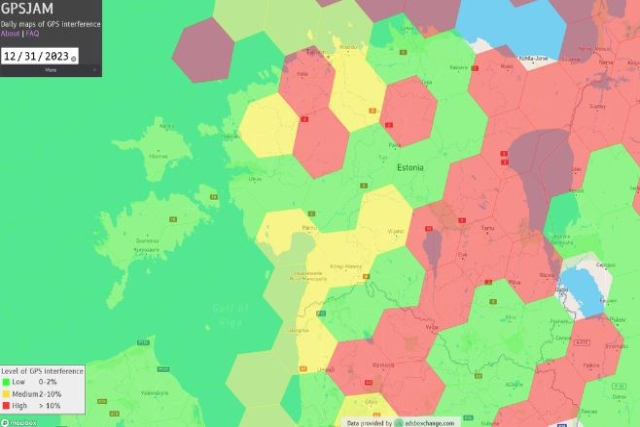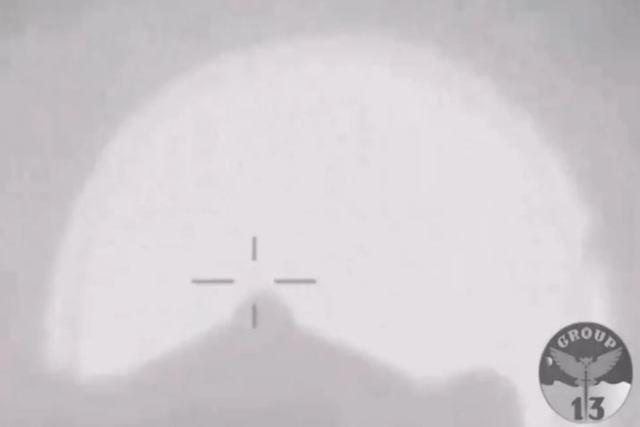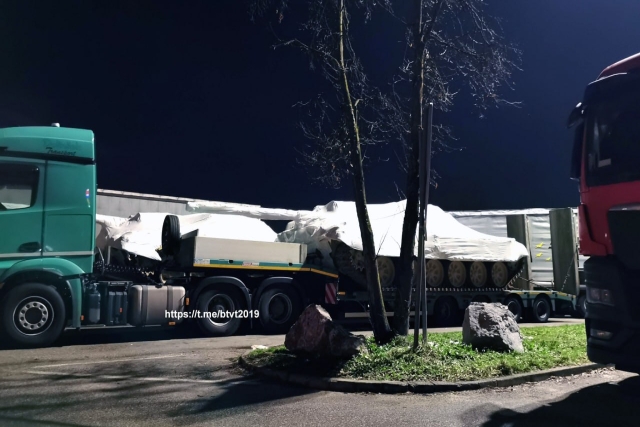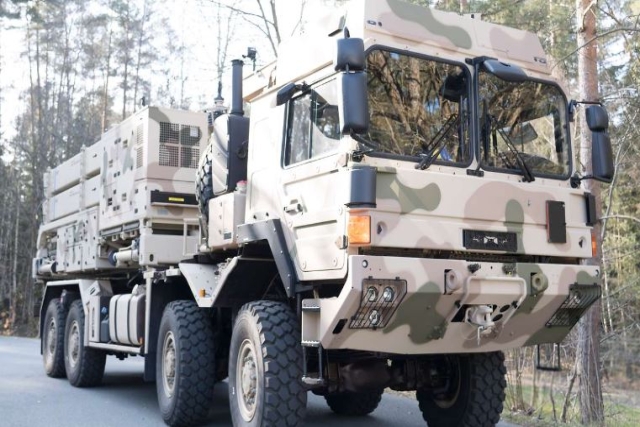GPS-Based Devices in Baltic States Disrupted as Russia Jams Signals
Russia has jammed signals to thwart Ukrainian drones

Baltic states, including Latvia, Estonia, and Lithuania, are grappling with the consequences of intensified GPS interference attributed to Russia, aimed at thwarting Ukrainian drone activities near its borders.
The disruption has extended beyond national borders, impacting the Baltic Sea region and raising concerns for aviation and shipping safety.
The interference, aimed at preventing Ukrainian drones from entering Russian territory, has led to widespread issues with GPS-based navigation devices in the Baltic states. While typical GPS interference results in reduced positioning accuracy, the current disruptions have rendered some GPS receivers completely inoperative.
In response to recent successful Ukrainian drone strikes, the Russian government has taken drastic measures, including shutting down the internet and jamming GPS systems in specific regions. The interference extends seamlessly across state borders, affecting not only the Baltic states but also the Baltic Sea region, posing additional risks to aviation and maritime activities.
Colonel Eero Rebo, the commander of the Headquarters of the Estonian Defense League, suggests that Russia's motive may be to compensate for its perceived lack of sufficient air defense capabilities.
"This creates additional risks in aviation, but also in shipping as well, actually," Rebo was quoted as saying by Estonian media.
He emphasizes that the GPS suppression does not impact drone technology, raising questions about the actual effectiveness of these measures beyond a symbolic gesture. "There's no point to these additional risks because this GPS suppression in no way impacts drone technology. So, this is being done by the [Vladimir] Putin regime moreso to show that something is being done to defend assets vital to them."
As a consequence, the disruption creates unnecessary risks for aviation and shipping, as GPS interference can compromise navigation accuracy. Erko Kulu, the head of the Frequency Management Division at the Consumer Protection and Technical Regulatory Authority's Electronic Communications Department, notes that such interference can lead to a decrease in positioning accuracy and, in severe cases, cause GPS receivers to lose their position altogether.
Estonia and its neighboring countries have observed an increase in GPS interference since the previous summer, with disruptions more prevalent in the northeastern and eastern regions and high-altitude airspace. Despite the disruptions, air traffic has not been significantly affected, thanks to the redundancy of navigation devices in aviation.
Erko Kulu suggests that if the impacts of GPS interference escalate, Estonia could explore avenues such as appealing to the UN's International Telecommunication Union (ITU) or engaging in direct discussions with Russia to address the issue.
The situation continues to unfold, and authorities are closely monitoring developments as they navigate the challenges posed by the Russian-induced GPS disturbances.













